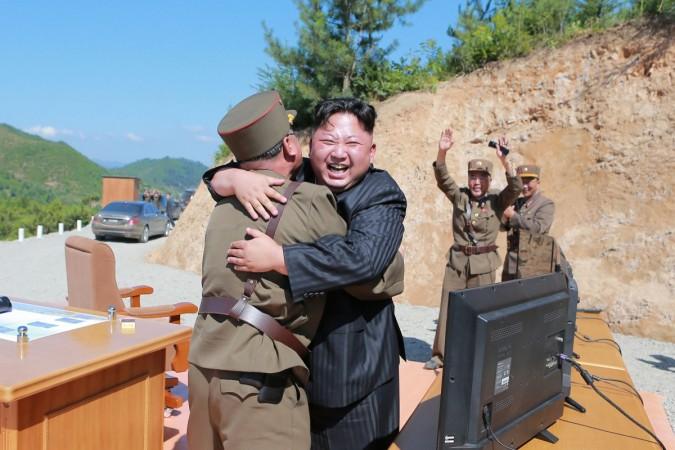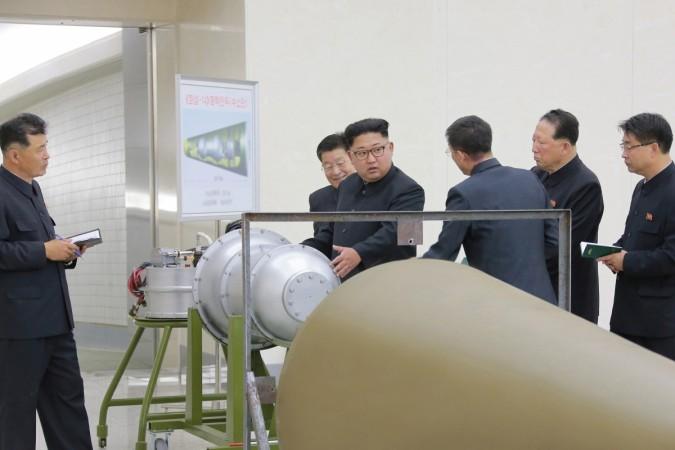United Nations experts on Saturday said North Korea had illegally exported coal, iron and other commodities worth nearly $270 million to countries like China, Malaysia, India and Sri Lanka this year.
The UN officials said the Korean nation exported the goods within the six-month period ending in early August, and that they are in direct violation of the sanctions imposed by the international organisation.
The experts, who were monitoring the sanctions, said in a report released on Saturday that the North Korean government ruled by Kim Jong Un continues to flout sanctions on commodities and also on arms embargo and other restrictions imposed on its shipping and financial activities.

The UN has imposed several sanctions on Pyongyang, considering its incessant nuclear and ballistic missiles test, which have become a threat for several nations including South Korea, Japan and the United States. The sanctions have been levied in an effort to cripple its economy, thereby forcing the nation to curb its missile tests.
North Korea claimed last Sunday it had successfully detonated a hydrogen bomb — the sixth nuclear test carried out by the country, and its largest — which possibly triggered a 6.3-magnitude artificial earthquake.
The hydrogen bomb test reportedly produced an explosion nearly 10 times larger than the blast from the Hiroshima bomb in 1945. The test spurred global concern that Pyongyang may be planning more such tests, possibly of long-range missiles.

UN experts have been qupted by an Associated Press report as saying that North Korea is reportedly also continuing prohibited nuclear activities with weapons-grade fissile material production at the Yongbyon nuclear complex, construction and maintenance at the Punggye-ri nuclear test site, and at a uranium mine in Pyongsan.
The panel of experts, which consists of eight members, is also reportedly probing the presence of North Koreans in the Middle East, particularly Syria and Africa, and "their involvement in prohibited activities."
With North Korea's burgeoning nuclear programme, unbridled missile tests, and the Unites States' threats of military action, a highly-plausible prospect of a nuclear war looms across the world.














